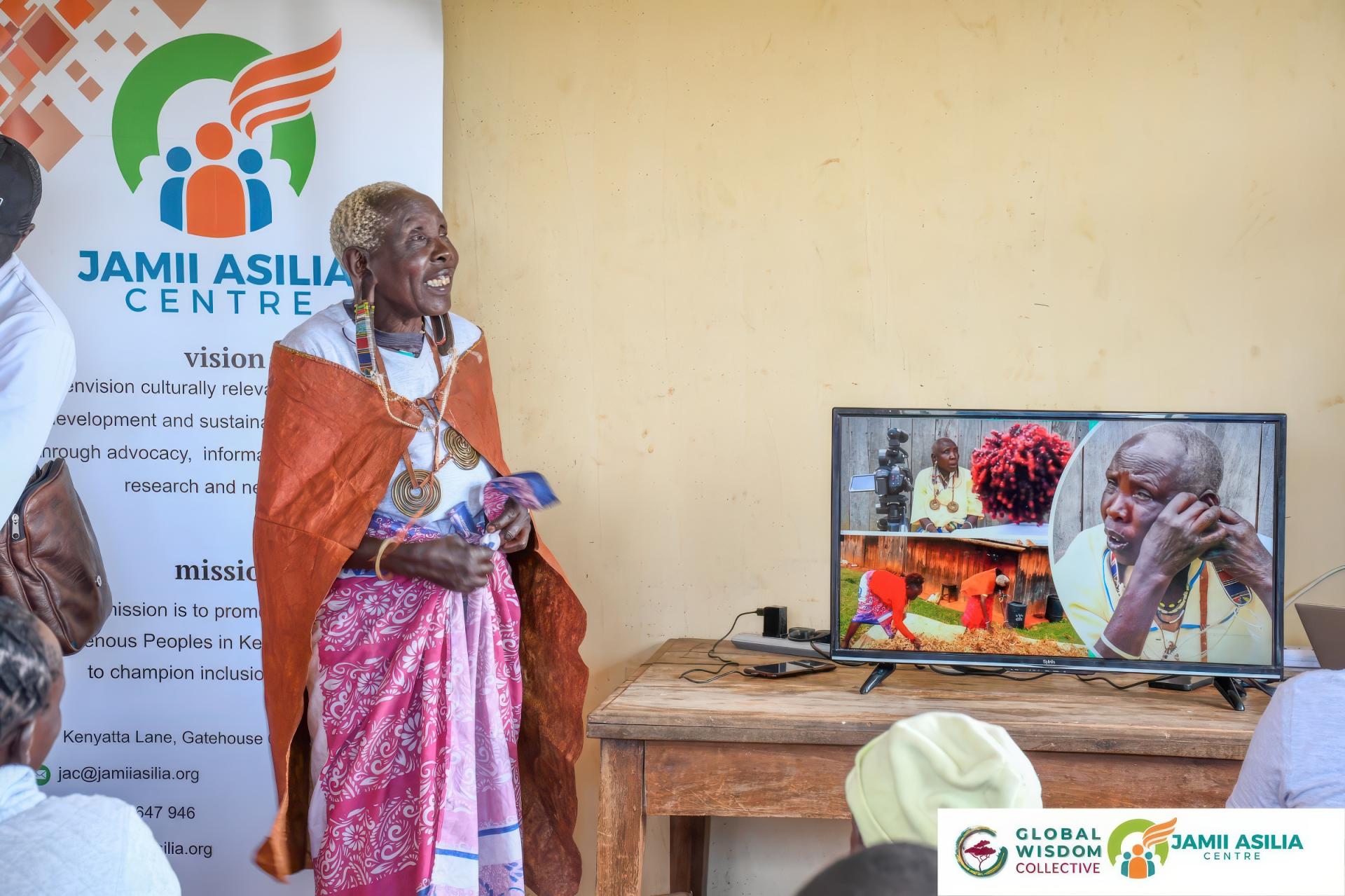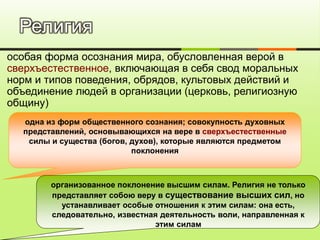Safeguarding Indigenous Knowledge: The Crucial Role Of Data Protection In Scientific Research

Table of Contents
The Vulnerability of Indigenous Knowledge in Research
Indigenous knowledge systems, accumulated over generations, are vital for understanding diverse ecosystems and developing sustainable practices. However, these systems face significant vulnerabilities in the context of scientific research.
Traditional Knowledge and Intellectual Property Rights (IPR)
Applying traditional Intellectual Property Rights (IPR) frameworks to Indigenous knowledge presents numerous complexities. Indigenous knowledge systems are often:
- Lacking formal documentation: Transmission is primarily oral, making legal protection challenging under existing IPR laws designed for written documents.
- Collectively owned: Knowledge is rarely attributed to a single individual, complicating ownership claims.
- Of spiritual significance: Many aspects are interwoven with cultural beliefs and spiritual practices, making commodification inappropriate.
- Challenged by oral transmission: The dynamic nature of oral traditions makes accurate recording and preservation difficult, potentially leading to misinterpretations and loss of meaning.
These characteristics highlight the inadequacy of existing IPR frameworks to fully protect Indigenous Intellectual Property Rights. New approaches are required that respect the unique characteristics of traditional knowledge systems.
Data Breaches and Misappropriation
The digital age introduces new risks. The digitization of Indigenous knowledge, while offering benefits, also increases vulnerabilities to:
- Data breaches: Cybersecurity threats can expose sensitive information to unauthorized access, potentially leading to cultural appropriation and misrepresentation.
- Unauthorized use: Researchers or commercial entities may misuse Indigenous knowledge for profit without proper consent or acknowledgment.
- Online vulnerabilities: The publication of data online, even with seemingly anonymized identifiers, can still expose communities to risks if linked to other datasets.
The consequences of data breaches and misappropriation for Indigenous communities can be severe, including loss of cultural identity, erosion of traditional practices, and potential harm to spiritual beliefs. Strong data security and data privacy measures are critical for mitigating these risks. The concept of Indigenous Data Sovereignty is central to addressing these challenges.
Strategies for Effective Indigenous Knowledge Protection
Effective Indigenous Knowledge Protection requires a multi-pronged approach emphasizing collaboration, respect, and community control.
Prior Informed Consent (PIC) and Benefit-Sharing Agreements
Ethical research necessitates obtaining Prior Informed Consent (PIC) from Indigenous communities. This goes beyond simple consent forms and involves:
- Defining meaningful consent: Ensuring that communities fully understand the research goals, methods, and potential risks, including the potential for misrepresentation and misuse of data. Free Prior and Informed Consent (FPIC) should be the standard.
- Equitable benefit-sharing mechanisms: Establishing clear agreements on how research benefits, including financial or other resources, will be shared with participating communities.
- Community involvement in research design: Including Indigenous knowledge holders in all stages of the research process, from conceptualization to dissemination of results.
Data Anonymization and Secure Data Storage
Protecting the identity of Indigenous knowledge contributors is crucial. This involves implementing robust data anonymization techniques, such as:
- Data encryption: Protecting data using strong encryption algorithms to prevent unauthorized access.
- Access control mechanisms: Limiting access to sensitive data to authorized personnel only.
- Data minimization techniques: Collecting and storing only the data necessary for research purposes.
Community-Based Data Governance
Empowering Indigenous communities to manage their own data is essential for Indigenous Data Governance. This includes:
- Community-led data repositories: Creating secure platforms for storing and managing Indigenous knowledge data under community control.
- Establishing ethical guidelines: Developing community-specific guidelines for data access, use, and sharing.
- Training and capacity building: Providing Indigenous communities with the skills and resources needed to manage their data effectively.
Legal and Policy Frameworks for Protection
Strong legal frameworks are necessary to complement ethical guidelines.
International Declarations and Conventions
Several international agreements support the protection of Indigenous knowledge, including:
- UN Declaration on the Rights of Indigenous Peoples: This declaration affirms the right of Indigenous peoples to control their traditional knowledge.
- Convention on Biological Diversity (CBD): The CBD recognizes the importance of protecting traditional knowledge associated with biological resources.
National and Regional Legislation
Many countries are developing national legislation to protect Indigenous knowledge. These laws often incorporate provisions for data protection and Indigenous rights, but the specifics vary widely. For example, some countries have specific laws addressing the protection of traditional medicines or cultural expressions. Researching the specific Indigenous Rights Legislation within relevant jurisdictions is crucial for ethical and legal compliance.
Conclusion
This article has highlighted the critical need for robust data protection measures in scientific research involving Indigenous knowledge. The vulnerability of this invaluable heritage demands a proactive and ethically sound approach. Effective Indigenous Knowledge Protection requires a combination of Prior Informed Consent, secure data management practices, community-based governance, and strong legal frameworks. Let's work together to prioritize the ethical and responsible use of Indigenous knowledge. By strengthening Indigenous Knowledge Protection through comprehensive data protection strategies, we can ensure that scientific advancements benefit all while respecting the rights and cultures of Indigenous communities. Learn more about Indigenous data sovereignty and contribute to its protection today.

Featured Posts
-
 Nba 2025 Draft Lottery Odds A Look At The Chances For Cooper Flagg
May 13, 2025
Nba 2025 Draft Lottery Odds A Look At The Chances For Cooper Flagg
May 13, 2025 -
 Ofitsialnoe Razreshenie Rpts Smozhet Osuschestvlyat Religioznuyu Deyatelnost V Myanme
May 13, 2025
Ofitsialnoe Razreshenie Rpts Smozhet Osuschestvlyat Religioznuyu Deyatelnost V Myanme
May 13, 2025 -
 Salman Khans Biggest Box Office Disasters A Look At Films That Didnt Even Cross R1 Crore
May 13, 2025
Salman Khans Biggest Box Office Disasters A Look At Films That Didnt Even Cross R1 Crore
May 13, 2025 -
 Miami Open 2024 Sabalenka Overcomes Pegula For Championship Win
May 13, 2025
Miami Open 2024 Sabalenka Overcomes Pegula For Championship Win
May 13, 2025 -
 Ayorbaba Himbau Dukungan Untuk Persipura Jayapura
May 13, 2025
Ayorbaba Himbau Dukungan Untuk Persipura Jayapura
May 13, 2025
Latest Posts
-
 Captain America Brave New World Arrives On Disney May 28th
May 14, 2025
Captain America Brave New World Arrives On Disney May 28th
May 14, 2025 -
 Captain America Brave New World And The Close Of The Mcus Dark Age
May 14, 2025
Captain America Brave New World And The Close Of The Mcus Dark Age
May 14, 2025 -
 Is Captain America Brave New World The Mcus Redemption After Its Darkest Period
May 14, 2025
Is Captain America Brave New World The Mcus Redemption After Its Darkest Period
May 14, 2025 -
 How To Stream Captain America Brave New World Online
May 14, 2025
How To Stream Captain America Brave New World Online
May 14, 2025 -
 Captain America 4 Brave New World Disney Debut Date Confirmed
May 14, 2025
Captain America 4 Brave New World Disney Debut Date Confirmed
May 14, 2025
